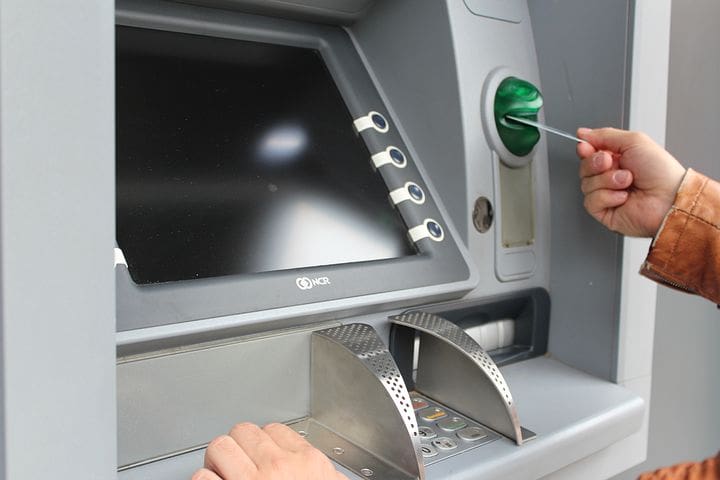
Consumers have certain liabilities and responsibilities to monitor their financial accounts. Immediately upon discovering an unauthorized transaction, even before contacting a lawyer, you should notify your financial institution. Follow these steps to create a paper trail that will help your attorney enforce your rights if you need help:
Once the bank receives your notification, it must:
If the bank cannot complete its investigation within the time allowed by the EFTA, you should receive a “provisional credit” of the amount taken from your account. You can use this money until the bank completes its investigation. The EFTA also provides other consumer remedies that vary depending on your circumstances.
If your bank does not comply with the EFTA requirements, you have the right to request compensation, also known as legal damages. Possible consumer damages under the EFTA include:
Our team of seasoned consumer protection lawyers is ready to fight for your rights under the Electronic Funds Transfer Act and Regulation E when your bank or financial institution has violated the law. Enforcing the EFTA is one of our core practice areas. We have the resources and knowledge necessary to help recover your hard-earned money and repair your credit.
If you find an unauthorized electronic transfer, there’s no time to waste. Contact your bank, file a dispute, and if your situation is not resolved quickly, Schlanger Law Group may be able to help. Call (212) 500-6114 or click the button below to complete a simple contact form.
Schlanger Law Group LLP serves clients in New Jersey, New York, and throughout the United States with consumer protection, class action, credit reporting, and identity theft issues.
Schlanger Law Group In The Media




Reach out to Schlanger Law Group for a free consultation, and let’s discuss your case with no upfront fees.
The information on this website is for general information purposes only. Nothing on this site should be taken as legal advice for any individual case or situation.
This information is not intended to create, and receipt or viewing does not constitute, an attorney-client relationship.
ATTORNEY ADVERTISEMENT | Past Results Do Not Guarantee Similar Outcomes in the Future
This site is protected by reCAPTCHA and the Google Privacy Policy and Terms of Service apply.
WEBSITE BY: VISIONTRACTION